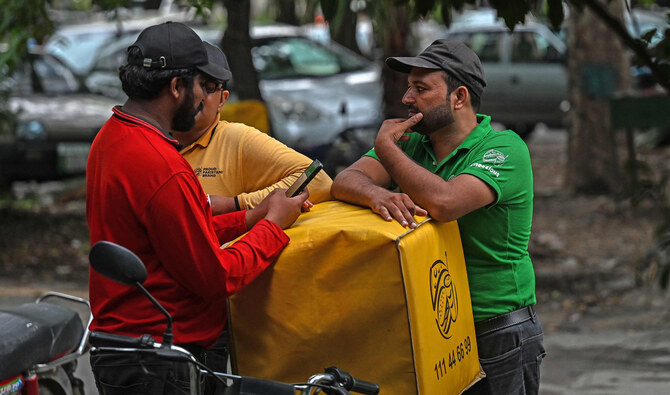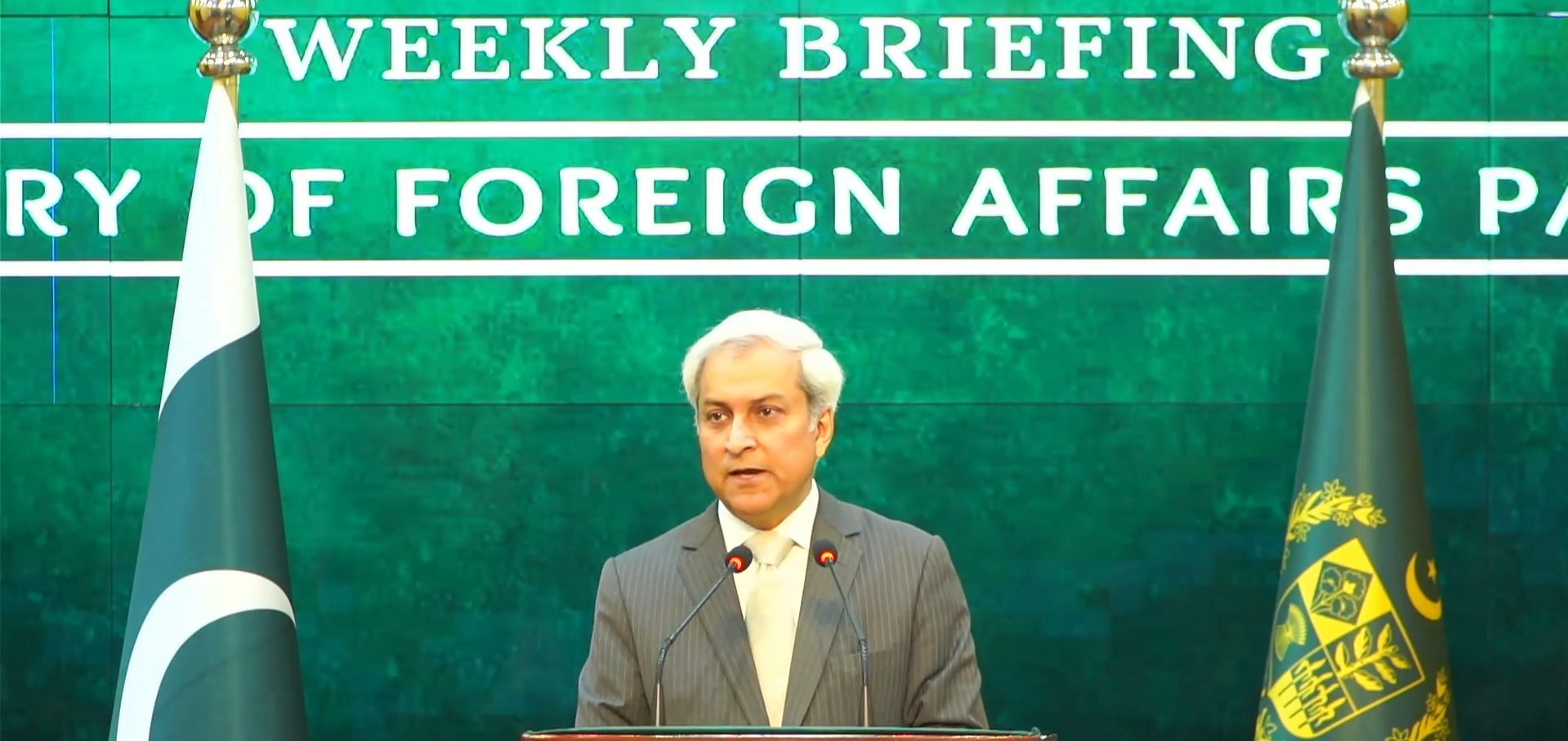DUBAI: A ship probably cut cables in the Red Sea that disrupted internet access across Africa, Asia, and the Middle East, experts said Tuesday. This shows the lines' vulnerability over a year after another incident severed them.
The International Cable Protection Committee told The Associated Press that 15 submarine cables pass through the narrow Bab el-Mandeb Strait, the southern entrance of the Red Sea that separates East Africa from the Arabian Peninsula.
Over the weekend, authorities in multiple countries identified the affected cables as the South East Asia–Middle East–Western Europe 4, the India-Middle East-Western Europe, and the FALCON GCX cables. On Tuesday, the list grew to include the Europe India Gateway cable, said Doug Madory, director of internet analysis at Kentik.
Damage due to dragged anchors
Initial reports suggested the cut happened off the coast of Jeddah, Saudi Arabia, but authorities in the kingdom have not confirmed this, nor have the companies managing the cables.
“Early independent analysis indicates that the probable cause of damage is commercial shipping activity in the region,” John Wrottesley, the committee's operations manager, told the AP. “Damage to submarine cables from dragged anchors accounts for approximately 30% of incidents each year, resulting in around 60 faults.”
Madory also told the AP that the working theory is that a commercial vessel dropped its anchor and dragged it across the four cables, severing the connections. Cables in the Red Sea can be at shallow depths, making them more vulnerable to anchor dragging.
Rerouting causes delays
Undersea cables are a core part of the internet infrastructure, along with satellite connections and land-based cables. Usually, internet service providers have multiple access points and can reroute traffic if one fails.
However, rerouting can cause latency, or delays, for internet users. Madory said at least 10 countries in Africa, Asia, and the Middle East have been affected by the cable cut, including India, Pakistan, and the United Arab Emirates.
Like broken plumbing
“Nobody’s completely offline, but each provider has lost a subset of their international transit,” Madory explained. "So, if you imagine this is like plumbing and you lose some volume of water coming down the pipes ... and now you just have less volume to carry the traffic.”
Cable security remains a concern, especially amid attacks by Yemen's Houthi rebels on ships related to the Israel-Hamas conflict in Gaza. In early 2024, Yemen’s internationally recognized government in exile claimed the Houthis planned to attack undersea cables. Several cables were later cut, possibly by a ship attacked by the Houthis, dragging its anchor, but the rebels denied responsibility.







.jpg)
.jpg)